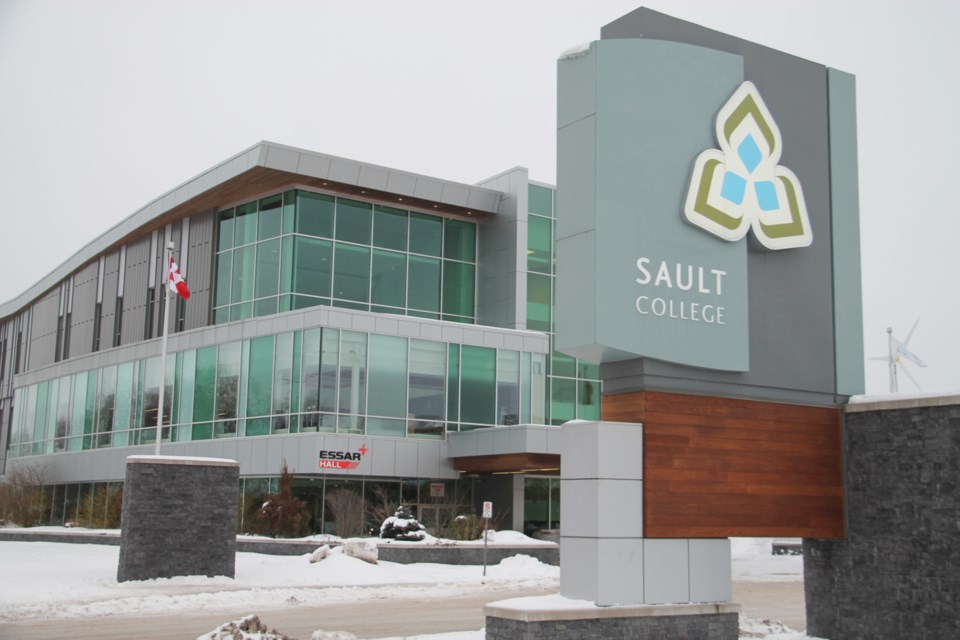The Ontario Liberal Party’s plan to cap international student enrolment at the province’s colleges and universities would have “a very material and detrimental impact” on Sault College and the community, officials say.
Earlier this month, Liberal Leader Bonnie Crombie promised, if elected premier, to slash international student enrolment at Ontario’s colleges and universities to 10 per cent of the total student population.
The pledge was part of a collection of commitments the Liberals unveiled in what they called their New Deal for Young People in Ontario, which also included plans to keep a tuition freeze in place for students from Ontario – a move put in place by Doug Ford’s government during its first term.
"Would I change the tuition rate? No, because our young people are struggling," Crombie said. "They can't make ends meet now (and) I want them to have access to a good education."
At Sault College, international students currently make up 43 per cent of the college’s 2,300+ students in Sault Ste. Marie, and 67 per cent of the college’s total population when considering its public private partnership campuses in the GTA.
The college’s domestic tuition ranges from $2,650 to $8,500 per year, depending on the program, while international students are billed $15,150 to $19,550 per year.
Ontario's post-secondary sector is heavily reliant on provincial funding and has faced a challenging few years, with many institutions becoming more reliant on international students and the much higher tuition rates they pay than students from Canada.
“For many public colleges in Ontario, the multi-year freeze on provincial funding and domestic tuition fees has resulted in operating revenues not keeping pace with the cost of delivering academic programs to domestic students, in many cases leading to overall operating deficits,” said Richard Peters, the college’s vice-president of strategic enrolment, partnerships and employment.
“International students and the funding generated through international tuition fees have effectively enabled many Ontario colleges to subsidize and offset the cost of delivering programs to domestic students,” he said.
While Crombie said she plans to “fairly” fund Ontario’s colleges and universities, Peters said the cut to international students – paired with the ongoing tuition freeze for Ontario students – would have wide-ranging impacts at the college, and could even reduce opportunities for domestic students.
“In the absence of sufficient provincial funding, domestic tuition fees, and in the face of a decline in international student enrolment driven by federal policies and provincial caps on enrolment – colleges will be compelled to suspend or discontinue many academic programs,” he said.
“This will result in less access and availability locally for domestic students.”
Reduced academic programs, reduced employment levels at the college, and economic impact to the community – with less students living and spending money in Sault Ste. Marie – could be a consequence of Crombie’s plan if sufficient funding is not provided to colleges and universities, Peters said.
Last year, the federal government also announced its first-ever cap on international student study permits, among other changes, which Peters said will translate to a $15-million annual hit to the college by 2026.
Prior to these changes, the college was “operating at a self-sustaining level,” he said.
“We do not feel a 10 per cent cap on international students is a realistic target based on our community’s needs,” he said.
“If a future Ontario government implemented such a measure it would only add to the $15-million annual challenge that Sault College is also facing and currently working to address,” Peters said.
– with files from Charlie Pinkerton
